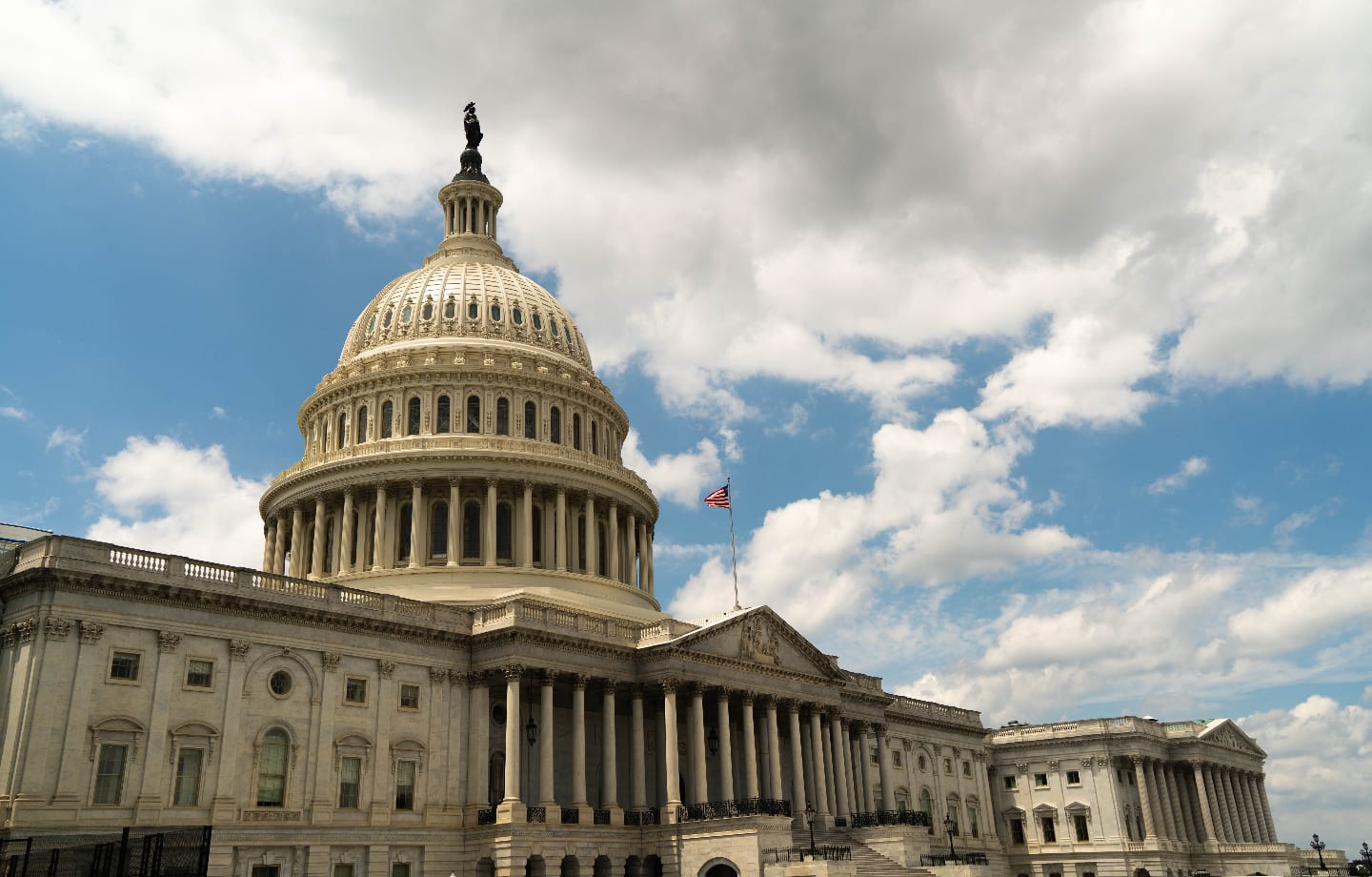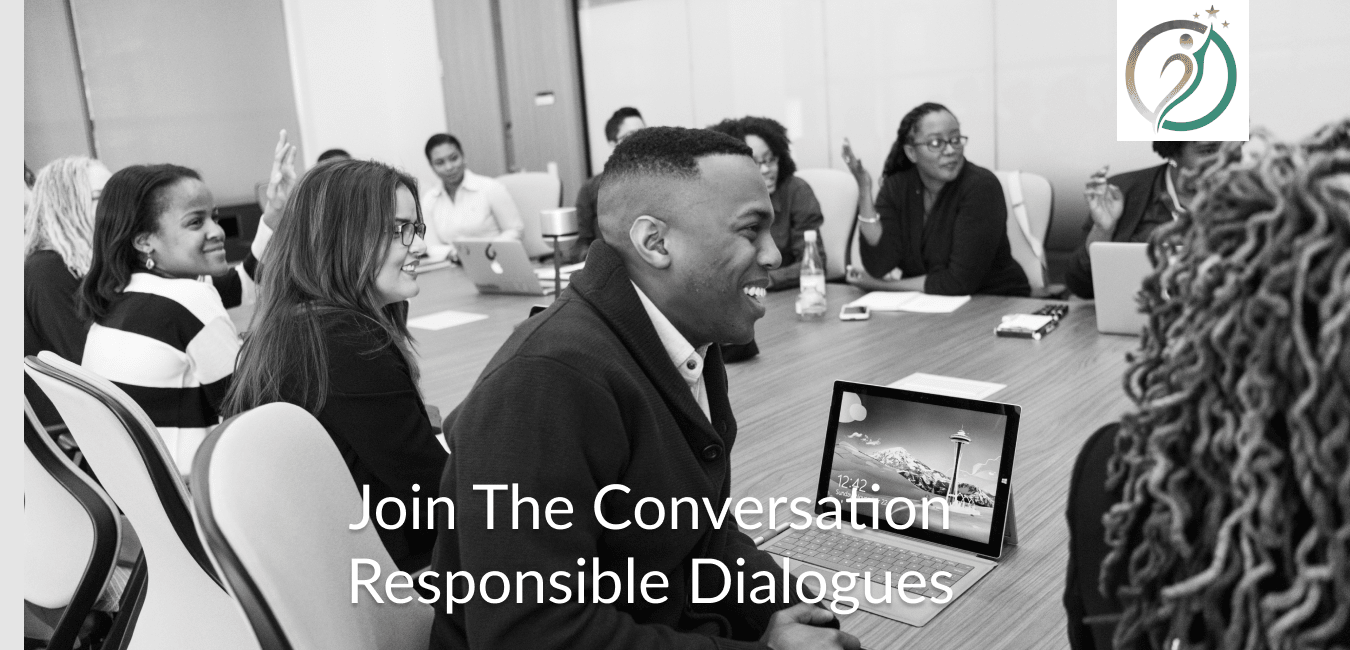
A Comprehensive Guide to Hosting Successful Town Hall Conversations
Join us and make your voice heard!
Introduction:
Town hall conversations serve as crucial platforms for individuals, movements and organizations to connect with their communities, address concerns, gather feedback, and foster open dialogue. Whether in-person, virtual, or a hybrid format, these events are pivotal for building trust and collaboration. In this article, we'll delve into the intricacies of planning, executing, and following up on a successful town hall conversation.
A. Planning
Set clear goals, choose a suitable format, select date, time, and venue, prepare content and materials, and promote the event effectively.
1. Setting Clear Goals:
The foundation of any successful event begins with defining clear and achievable goals. These goals should be specific, measurable, attainable, relevant, and time-bound (SMART). For a town hall conversation, goals might include gathering community input on a specific issue, fostering dialogue between stakeholders, or disseminating important information to residents. Clarifying these objectives early on will guide the planning process and help ensure that the event stays focused and purposeful.
2. Choosing a Suitable Format:
The format of the town hall conversation will depend on factors such as the size and demographics of the audience, the nature of the topic being discussed, and logistical considerations. Common formats include in-person meetings, virtual events conducted via video conferencing platforms, or a hybrid approach that combines elements of both. It's essential to select a format that maximizes accessibility, engagement, and participation while also taking into account any technological or resource constraints.
3. Selecting Date, Time, and Venue:
The timing and location of the town hall conversation are critical to its success. Choose a date and time that is convenient for the target audience and key stakeholders, taking into account factors such as work schedules, school holidays, and community events. For in-person events, select a venue that is easily accessible, ADA-compliant, and equipped with the necessary facilities and technology. If hosting a virtual event, consider time zone differences and ensure that the chosen platform can accommodate the expected number of participants.
4. Preparing Content and Materials:
Developing a comprehensive agenda and preparing relevant content and materials are essential for keeping the town hall conversation organized and engaging. This may include creating presentations, handouts, or visual aids to support discussions, as well as compiling background information or resources for attendees to review beforehand. Ensure that all presenters are well-prepared and rehearsed, and that any technology or equipment needed for the event is tested and ready for use.
5. Promoting the Event Effectively:
Effective promotion is key to maximizing attendance and engagement at the town hall conversation. Utilize a variety of communication channels, including email newsletters, social media platforms, community websites, and local media outlets, to spread the word and generate interest. Craft compelling messaging that highlights the importance of the event and its relevance to participants, and provide clear instructions on how attendees can register or participate. Consider leveraging partnerships with community organizations, local businesses, or other stakeholders to broaden your reach and attract diverse participants.
B. Execution
1. Facilitate Effectively:
Start the event on time and adhere to the predetermined agenda. Introduce speakers and topics clearly to set the stage for productive discussions. Act as a moderator to steer conversations and maintain focus.
2. Encourage Participation:
Foster an inclusive environment where attendees feel comfortable sharing their thoughts and opinions. Invite questions, comments, and feedback throughout the event, emphasizing the value of each participant's perspective.
3. Manage Time:
Efficient time management is key to keeping the event on track. Allocate sufficient time for each segment while ensuring there's ample opportunity for Q&A and discussion. Stay adaptable to address unexpected developments while adhering to the overall schedule.
C. Follow-Up
Now that our town hall event has concluded, it's time to take the next steps to ensure its success and build upon the valuable insights shared. Here's what we need to do:
1. Gather Feedback:
Solicit feedback from attendees through surveys, emails, or online platforms. Analyze responses to gauge the success of the town hall and identify areas for improvement in future events.
2. Share a Summary:
Provide a comprehensive summary of the discussions, decisions, and action items arising from the town hall. Distribute this summary to all participants and relevant stakeholders, ensuring transparency and accountability.
3. Plan Next Steps:
Based on the outcomes of the town hall, outline actionable steps and initiatives to address key issues or implement suggested changes. Schedule follow-up meetings or discussions to maintain momentum and track progress.
TRENDING
-
 Introducing The Centre for Responsible LeadershipAn initiative dedicated to assembling global thought leaders to find sustainable solutions to the major challenges plaguing our read more...
Introducing The Centre for Responsible LeadershipAn initiative dedicated to assembling global thought leaders to find sustainable solutions to the major challenges plaguing our read more... -
 Featuring: Responsible DialoguesThis is a unique time to reflect and re-tool our efforts. CRL has decided to launch a Virtual/Digital Impact Hub to convene read more...
Featuring: Responsible DialoguesThis is a unique time to reflect and re-tool our efforts. CRL has decided to launch a Virtual/Digital Impact Hub to convene read more... -
 Restoring Civility to Public DiscourseHow did things go so far off the rails? Partisanship is as old as the Republic, and yet for most of our history, the process read more...
Restoring Civility to Public DiscourseHow did things go so far off the rails? Partisanship is as old as the Republic, and yet for most of our history, the process read more...